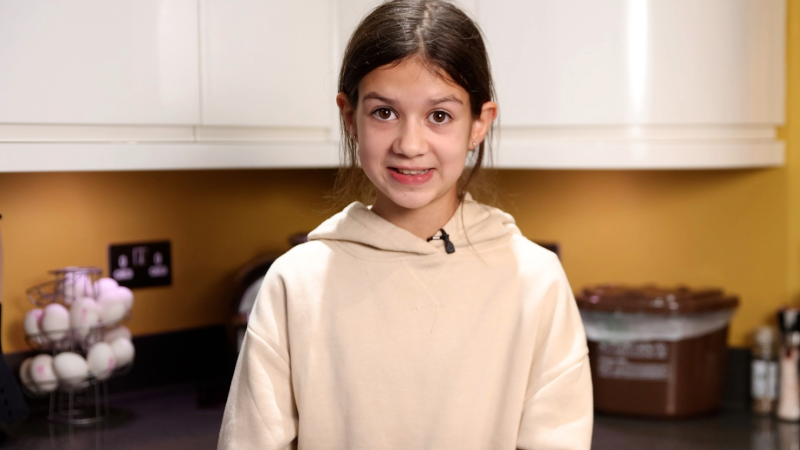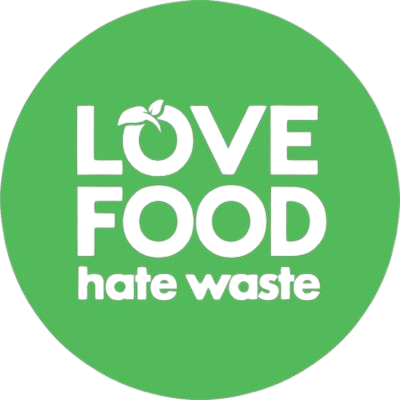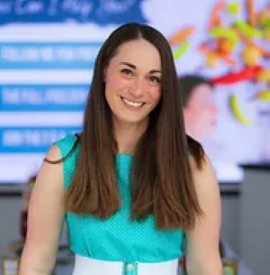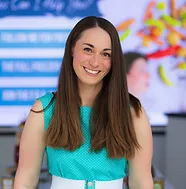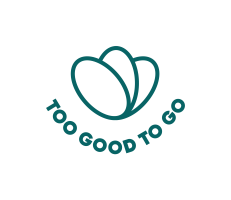Freezer Clear Down Challenge
Watch the videos by Kate Hall on how to start and top tips
Bexley Eco Festival Food Waste Presentation
Listen to a one off session with Kate Hall at the Bexley Ecofestival. Learn how to freeze food or ‘press pause’, making it easier and quicker to cook healthy meals at home
Other ways that can help
FAQs
Can I wrap my food in paper?
Wrapping your food in paper is a good way to keep your bin clean to save you time. Newspaper and other non-waxy paper is quick to biodegrade so is suitable to use.
Can I use starch bags?
Yes, the recycling facility will accept starch bags
How do I stop my bin from smelling?
If you empty your bin regularly this should help to prevent any unwanted smells. When the weather gets warmer you may want to empty it more frequently
What do I do if I get maggots?
Remove the food material and tip it into a starch bag into your food box. Clean out your caddy or food waste box with hot soapy water if possible. Try to empty your bin more frequently in warmer months
I live in a flat and do not have food recycling facilities
We are currently installing food recycling at flats in the borough. If your flat has not got food waste recycling yet please contact us at wasteteam@bexley.gov.uk
What happens to my food waste and where does it go?
Your food waste goes to Biogen in Hertfordshire. Here your food is converted into biogas through a process called anaerobic digestion. This process uses organic matter such as animal or food waste and breaks it down to produce biogas and biofertiliser in the absence of oxygen in a sealed, oxygen-free tank. The nutrient rich biofertiliser is pasteurised to kill any pathogens and then stored in large covered tanks ready to be applied twice a year on farmland in place of fossil fuel derived fertilisers.
Learn more on the Biogen website
Why is it better for the environment?
During the recycling process bacteria break the food down into a biofertilizer and methane gas which is then used to generate electricity.
Every tonne of food waste recycled by anaerobic digestion as an alternative to landfill prevents between 0.5 and 1.0 tonne of CO2 entering the atmosphere, one of the many benefits of anaerobic digestion.
The foxes keep opening my bin and making a mess
Try to make your box less accessible, put something heavy on top of the lid.
Why is it better value for money for the council?
Recycling food waste (which is a very heavy material) saves on disposal costs (the cost of incinerating waste from the green general waste bin).


